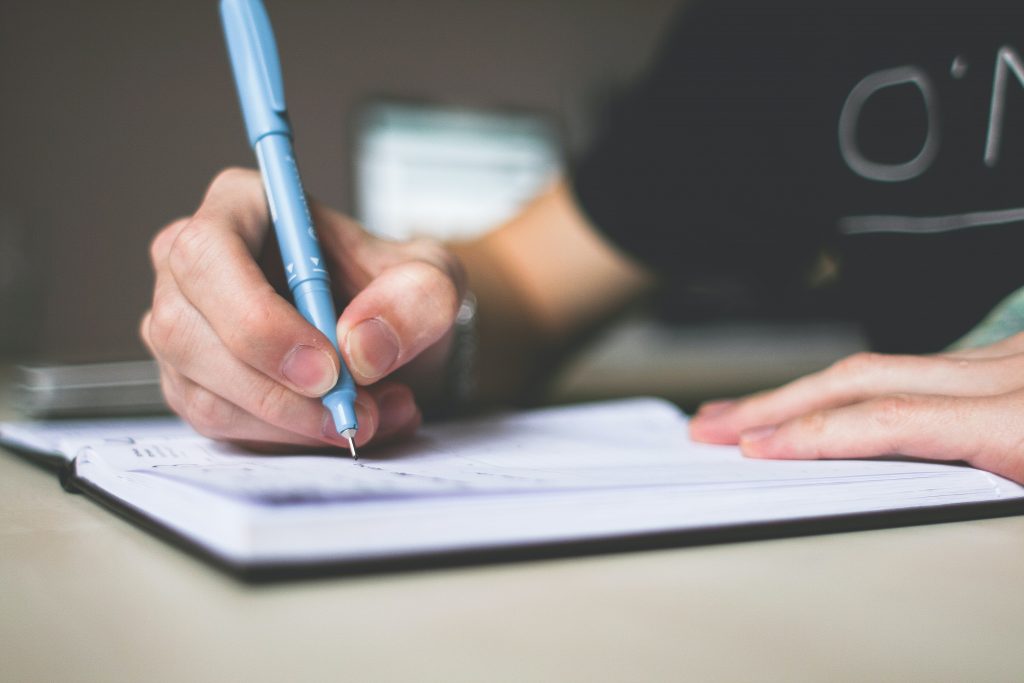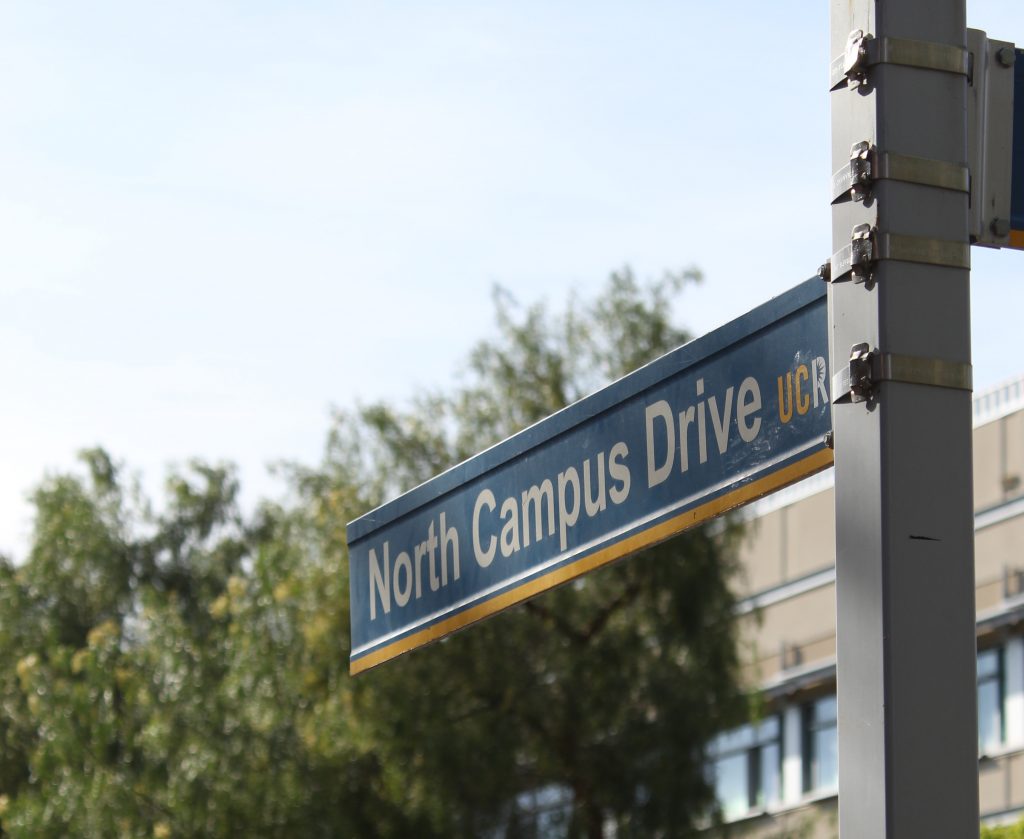In the face of everyday lectures, workshops, extracurriculars, and tons of homework, procrastination remains our greatest problem. Students’ enthusiasm for doing nothing is actually impressive.
Have any projects to complete by the end of the week? You put them off until Sunday night. Have a paper to submit tomorrow? You go write it but check out your Facebook notifications first. Whatever happens, you seem to do anything but what you really need to get done.
All of us get trapped in a situation like this, so here are some ways to increase and improve productivity.
Set top priorities
What is more important to you: high grades or partying?
We cannot boost productivity if we stream our energy into different directions. College often gives us a hard time and requires us to devote most of our energy to studying. It does not mean becoming a nerd though. But going for higher education definitely means limiting night parties or hanging around your peers.
Enjoy what you do
Or at least try to find some positive things about your studies. This is one of the best productivity tips ever. By enrolling in a college, you certainly have some motivation to keep studying. Always remind yourself why achieving this degree is important for you. Some students love what they study— others do not. So, maybe it is time to make a transition to another field or college? Because taking a genuine interest in a subject is the fastest and easiest way to master it.
So, now you are sure that your field does not make you sick, and you are ready to devote most of your precious energy to the learning process. What can you do to discipline yourself and spend your time wisely?
Make a clear division between leisure time and studying
This is one of the most effective productivity tips for work too. Let us say you do homework from 6 pm to 8 pm and then take a 30-minute break before you continue studying up to 10 pm. During this session of solely work, you do not make coffee, do not answer phone calls, do not check your social media accounts, etc. Try to set a strict time span when you pay maximum attention to your tasks. You will have snacks, coffee, and a brief chat during your 30-minute break that follows. Train your concentration, and you will see how it improves over time.
Isolate yourself from people and devices that may distract you
All of us are more or less social, and most people get easily distracted in noisy rooms. Choosing a place for doing your next homework assignment, look for deserted rooms where cheering mates will not bother you. Also, turn off notifications on your cell phone. Social networks are a tremendous distraction, and you cannot increase productivity with their help. So, try checking them only during the 30 minutes of rest.
Optimize your working space
As we study in our room at home or in a dormitory, we are still surrounded by a variety of objects. Pictures of our loved ones, some small stuff lying on the table, personal possessions thrown around the room—all of them remind us of cleaning, doing laundry, and other things we should do instead of studying. So, break this cycle and make it a terrific productivity improvement. Separate yourself from things that distract you by studying on campus or at the library. Make sure your working space is comfortable but not too homey. Stimulate yourself to complete tasks as soon as possible and return to your place.
Reward yourself for completing all the planned tasks
We are not robots and we cannot limit our activity only to the tasks we get from teachers. It is essential to understand that we also have a personal life outside college walls, even if it is limited. So, turn to your friends, loved ones, or favorite hobbies after you complete your academic tasks. But this reward should be only given when you have completed assignments on time. Keep that in mind if you start yearning for a distraction during your work.
Take extra breaks to relieve muscle tension
It is natural to get tired, especially if we do mental work. Staying concentrated on your tasks will be much easier if you relax every now and then. After every 30 minutes of delving into your tasks, try standing up and doing some exercise. A 2-minute training session will do. Just stretch your spine a little, rotate your head, and relax your eyes by focusing on a distant object. Listen to your body and do whatever it asks for. Never neglect your physical health, and it will help you to stay mentally fit for a longer time.
Get enough sleep and eat well to stay energetic
Speaking of physical health, your high productivity directly depends on how well you feel during studying. We can never concentrate while being exhausted. Even young people dramatically lack energy if they deprive themselves of sleep and starve on diets. Make sure you get at least 6 hours of sleep every night. Also, pay attention to your diet. Make cereal, fish, and poultry as the basis of your daily eating. Add some fats and carbs, especially those in fruits and vegetables. Do not overuse sugar; it is a fast way to get the energy that wears off just as fast. If you are hungry, take some fast food on the go, but never make it your basic everyday diet.
All of us being different, there is always something to motivate us. And, we shall use this specific thing to keep ourselves going through a pressing curriculum.
We do not stop using social networks and we do not give up partying merely because we are studying. We use the strategies mentioned above to organize our time wisely.
Adopting smart time-management and a few new habits, we can still live a fulfilling life studying at college with friends, fun, and favorite hobbies.




